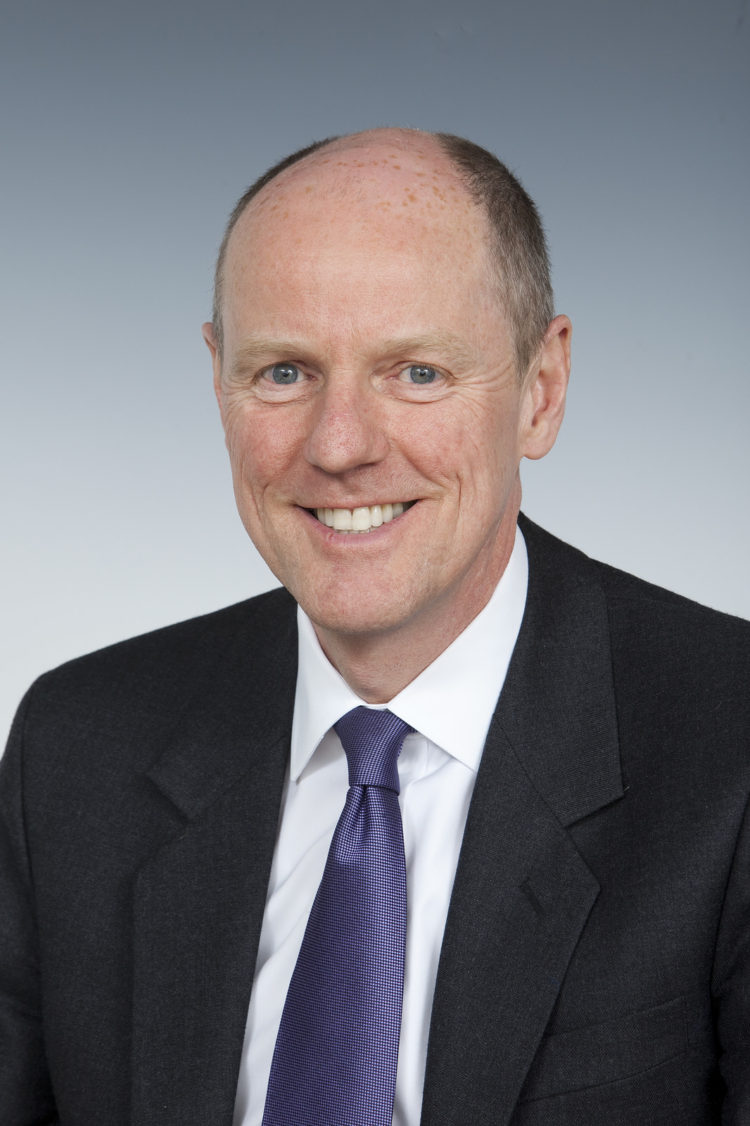By Gavin Mackintosh-
The Department of Education has hailed the rise in standards in England’s schools are continuing to rise. The department said that more pupils in the Uk are achieving strong results in English and maths. They added that more pupils were also performing well in the EBacc, following new secondary school data published today.
Today’s data also shows converter academies performing well above the national average and disadvantaged pupils in multi-academy trusts (MATs) making more progress than the equivalent national average. The released data has also revealed record EBacc entry and achievement among disadvantaged pupils and pupils with special educational needs and disabilities (SEND), helping pupils keep their options open as they enter further and higher education.
With progress scores in academies and free schools higher than the national average, the findings released today provide more evidence of what can be achieved as an academy. This follows research published yesterday that showed standards have risen more quickly in sponsored academies than an similar council-run schools in many cases. The fact over half of pupils in state-funded schools are now taught in academies is also something the Department Of Education are proud of. School Academies are committed to raising standards of education , with many teachers earning higher wages that spur them to work hard with pupils.
Recent revelation that not all teachers have been afforded the higher injection of funds into education is disturbing, calling for more attention by The Department Of Education ion this area. However, a recent an ongoing inquiry by The Eye Of Media.Com suggests that teachers in most academies are benefiting from the new higher wages for teacher.
It follows a separate announcement that Britain’s education sector is booming. New figures revealed today that its exports overseas generate almost £20bn for the UK economy . The figures, which include income from international students and English language training overseas, are growing year-on-year to an estimated £19.9bn in 2016 and an increase of 26% since 2010 – generating significant revenue for the UK, alongside other well-known exports such as automobiles, advertising and insurance.
On Monday, the Education Secretary’s speech at the Education World Forum on Monday, welcoming education ministers from across the globe to work with the UK as a world-leader in the education sector. Education is considered one of the UK’s most attractive offers for export, with English being the language of business and a central global language. Recent data shows the UK is the most popular destination for English Language Training making up around 45% of the total market.
School Standards Minister Nick Gibb said:
Making sure that all pupils, regardless of their background, are able to fulfil their potential is one of this Government’s key priorities and these results show that more pupils across the country are doing just that.
It’s been clear for some time that standards are rising in our schools and today’s data underlines the role academies and free schools are playing in that improvement, with progress above the national average and impressive outcomes for disadvantaged pupils.
Also vital to rising standards is the increasing number of pupils entering the EBacc. With a record number of disadvantaged pupils achieving good grades in the EBacc, more pupils will go on to further and higher education with a wider range of options and opportunities.
Statistics released today show:
The proportion of pupils achieving a grade 5 or above at GCSE in both English and maths has increased, from 42.6% last year to 43.3% this;
Progress by 16-18-year-olds retaking English and maths has improved in both subjects
95.5% of pupils are now entering EBacc science at GCSE, up from 63.2% in 2010, and the number of pupils taking maths and science at A Level has increased, including a rise of around 7% in the number of girls taking at least one of these subjects.
Today’s multi academy trust measures highlight four high performing trusts across all three performance measures – Progress 8, EBacc entry and EBacc Average Points Score. STAR Academies, a multi-academy trust consisting largely of Muslim schools in London, the Midlands and the North of England, tops all three measures, while Dixons, Diocese of London and Diocese of Westminster trusts also perform strongly in all three.
The department has also published information relating to languages and the EBacc. This includes a list of secondary schools showing the proportion of pupils in each school entered for the languages pillar of the EBacc, and new research on the destinations of pupils who took the EBacc. The research shows over nine in 10 Oxbridge students entered a GCSE in EBacc languages, with more than three quarters entering both languages and humanities. These pupils studied a broad and balanced curriculum – that includes languages – before going on to highly selective universities.
The data is part of a number of publications from the Department today that show how our secondary schools are performing. It includes the performance tables, which help parents make informed choices about schools in their areas, and see how multi academy trusts are performing.

